Truck Parking Insights
Expert tips, industry news, and practical guides for truck drivers and fleet operators.

How to Find Truck Parking Near Me: The Complete 2026 Driver Guide
Stop wasting time searching. Here's exactly how to find secure, affordable truck parking near your location in under 60 seconds — with the right tools, strategies, and what to look for in a safe lot.
Recent Articles
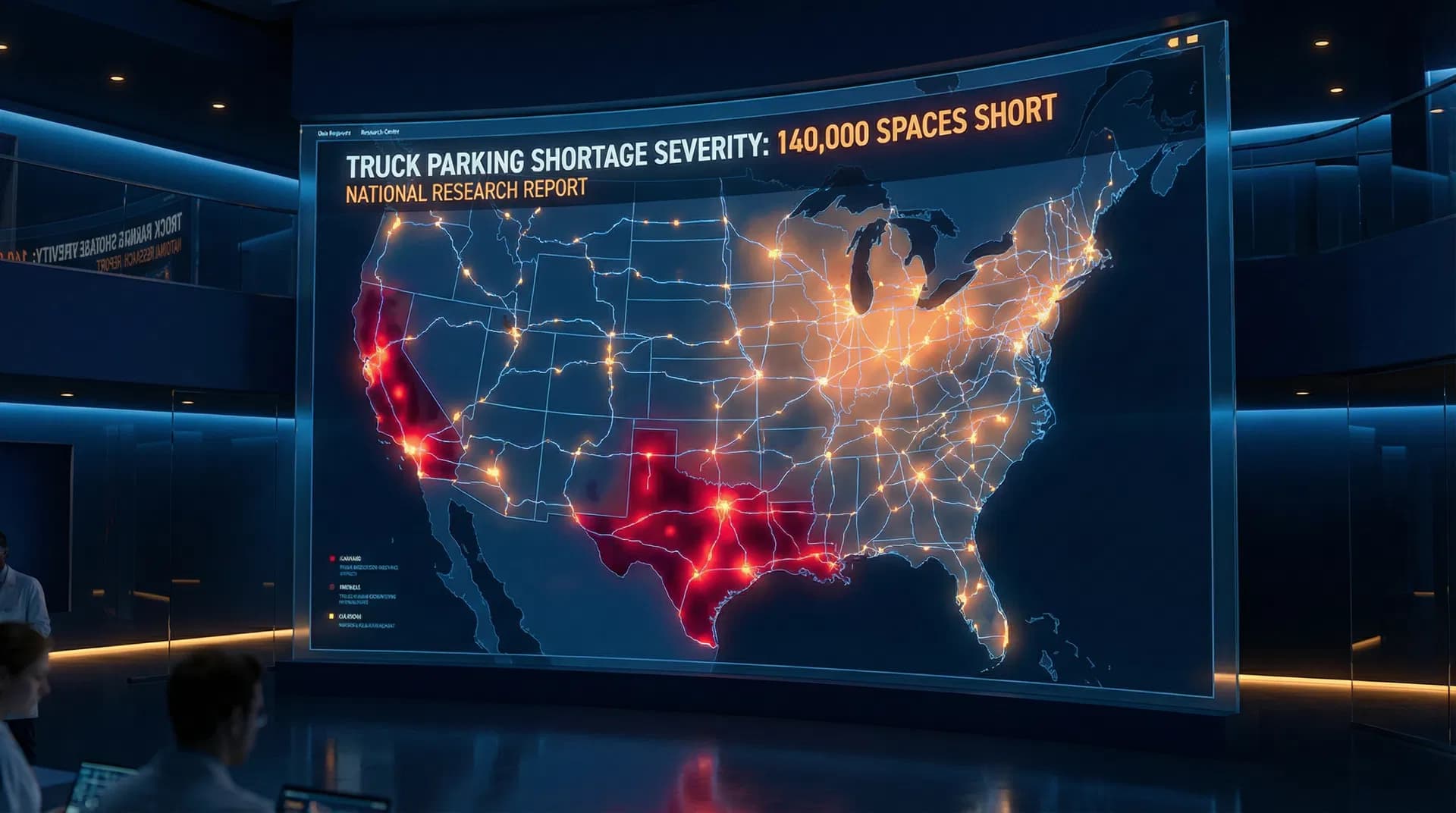
The 2026 Truck Parking Shortage Index: A State-by-State Analysis of America's Most Underfunded Infrastructure Crisis
America has 3.5 million commercial truck drivers and fewer than 40,000 public truck parking spaces. We analyzed every state's parking supply, spending, and safety data to produce the first independent Truck Parking Shortage Index — and the results expose a crisis hiding in plain sight.
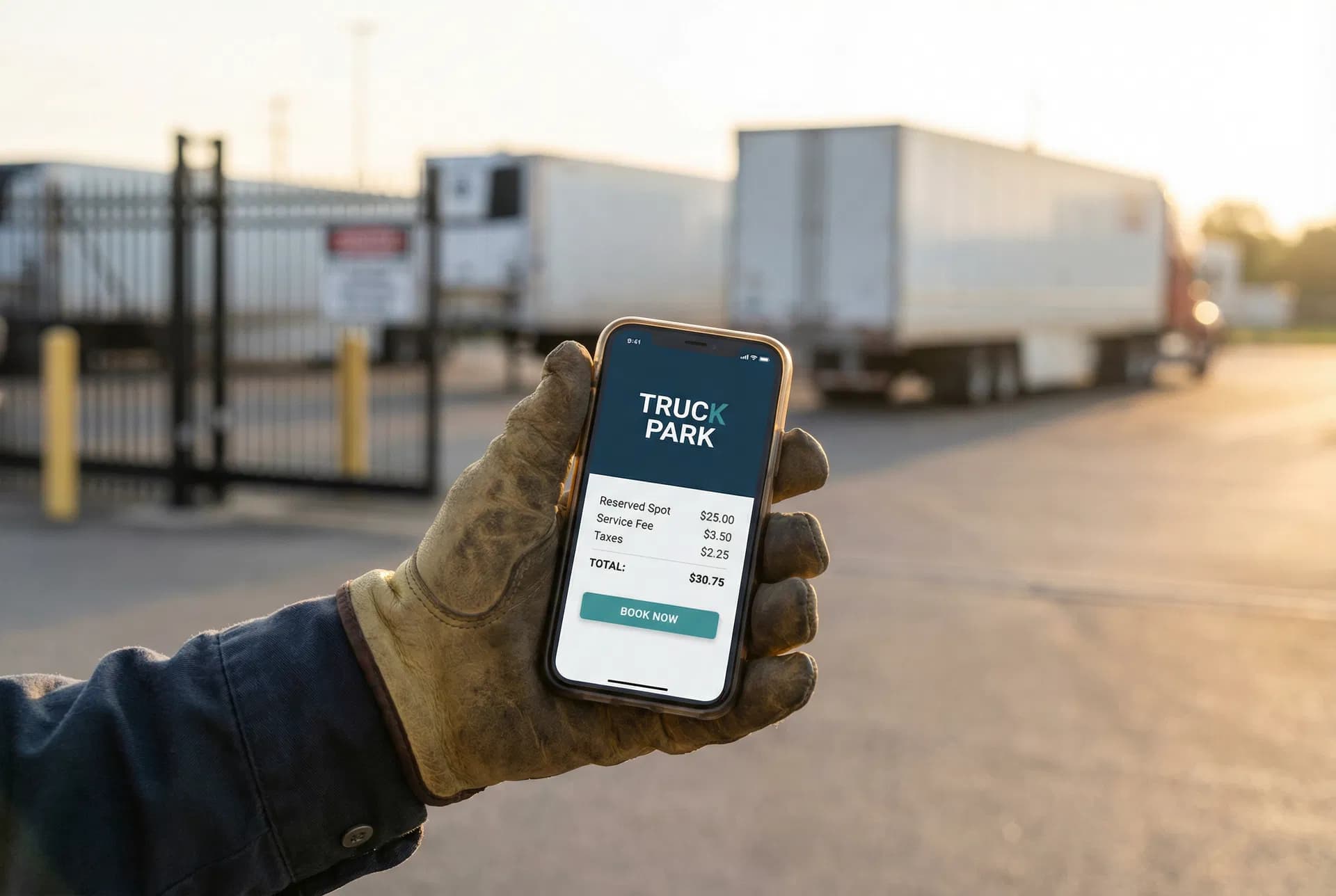
How Much Does Truck Parking Cost? 2026 Pricing Guide
Daily, weekly, and monthly truck parking rates explained — plus how to save up to 40% vs traditional truck stops. Real pricing data by region, facility type, and what drives cost differences.
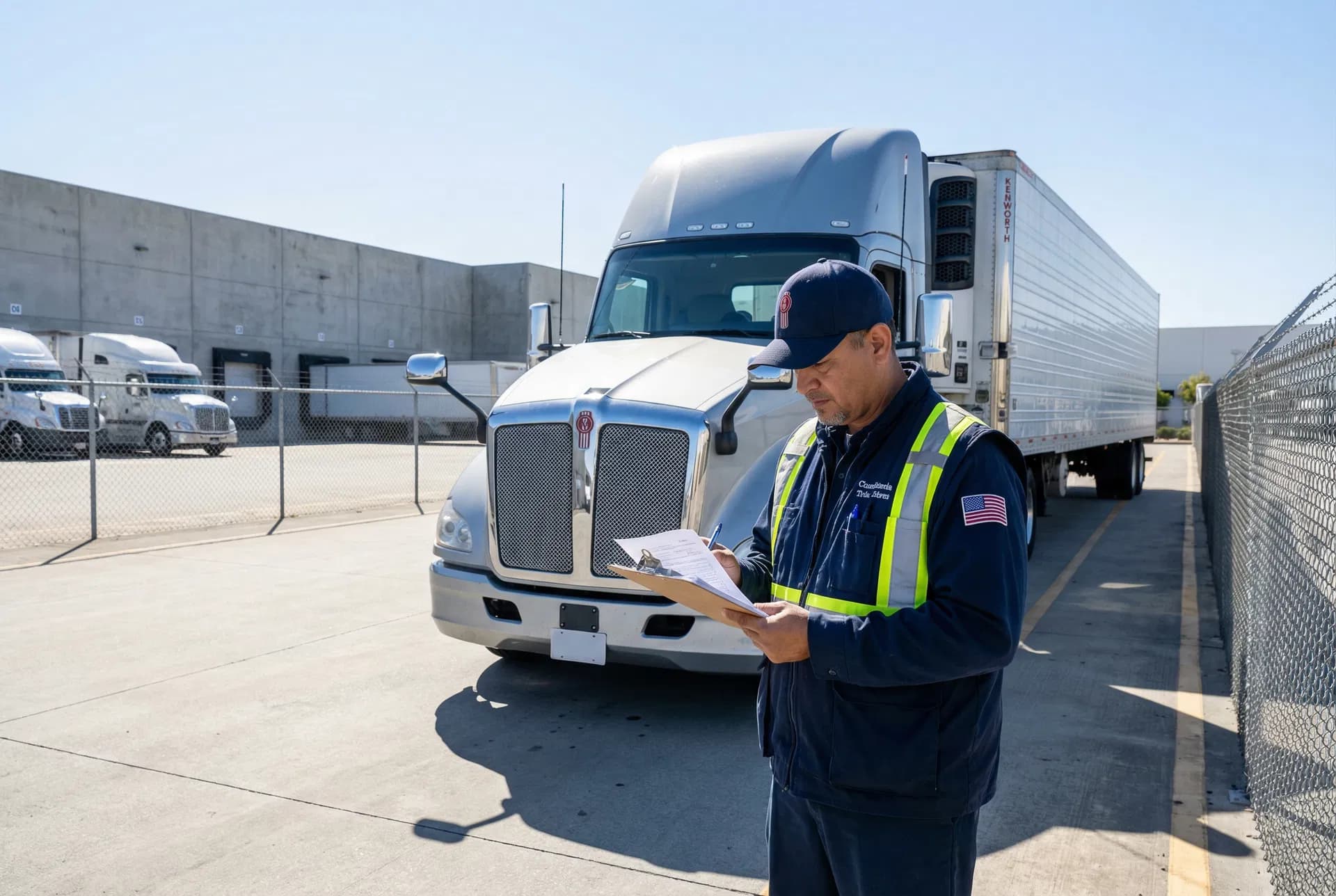
CDL Parking: What Every Commercial Driver Needs to Know in 2026
CDL holders face unique parking challenges — legal requirements, HOS compliance, and safety risks that regular drivers never deal with. Here's the complete guide to finding legal, safe, and affordable CDL parking nationwide.
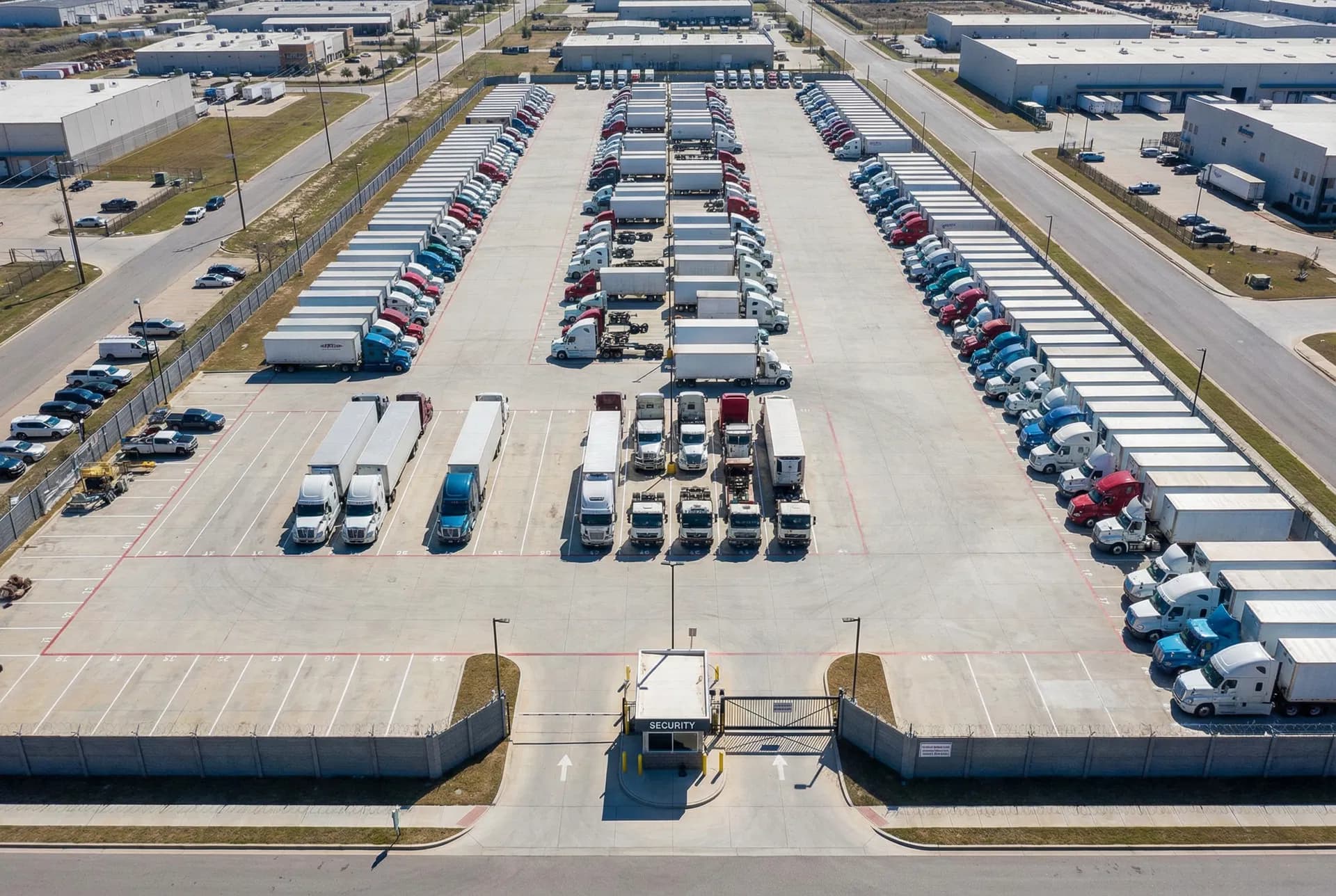
Monthly Truck Parking: How to Save Big on Long-Term Parking
Monthly truck parking contracts can save you hundreds per month vs daily rates. Here's everything you need to know — cost comparisons, what's included, how to negotiate, and the best regions for affordable monthly parking.
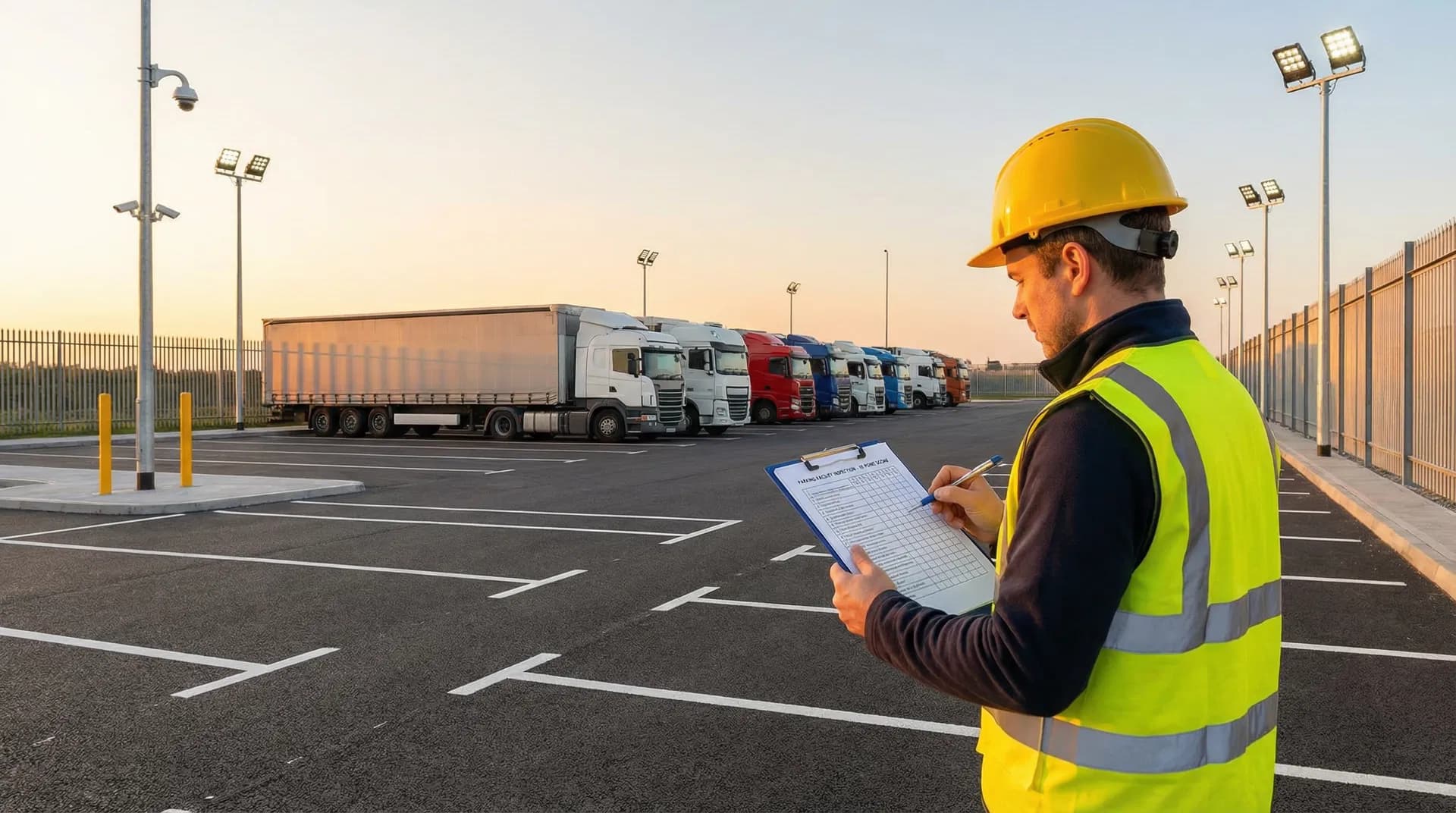
Introducing the BTP Parking Quality Score: How We Rate Every Truck Parking Lot in America
Not all truck parking is equal. A gravel lot with no lighting and a broken gate is not the same as a fenced, camera-monitored facility with 24-hour security. We built a 10-point scoring framework to tell the difference — and we're publishing the methodology so anyone can use it.

The Truck Parking Shortage Is a Zoning Problem, Not a Supply Problem — And the Industry Keeps Solving the Wrong One
Everyone agrees there aren't enough truck parking spaces. But the conventional solution — build more — misses the real constraint. Land near freight corridors exists. Capital exists. What doesn't exist is the political will to zone for it. Until we fix that, we're rearranging deck chairs.

Overnight Truck Parking: How to Find Safe Spots Every Night
Finding safe overnight truck parking is one of the biggest daily challenges for professional drivers. Here's a proven system for securing a spot every night — before your HOS clock runs out.
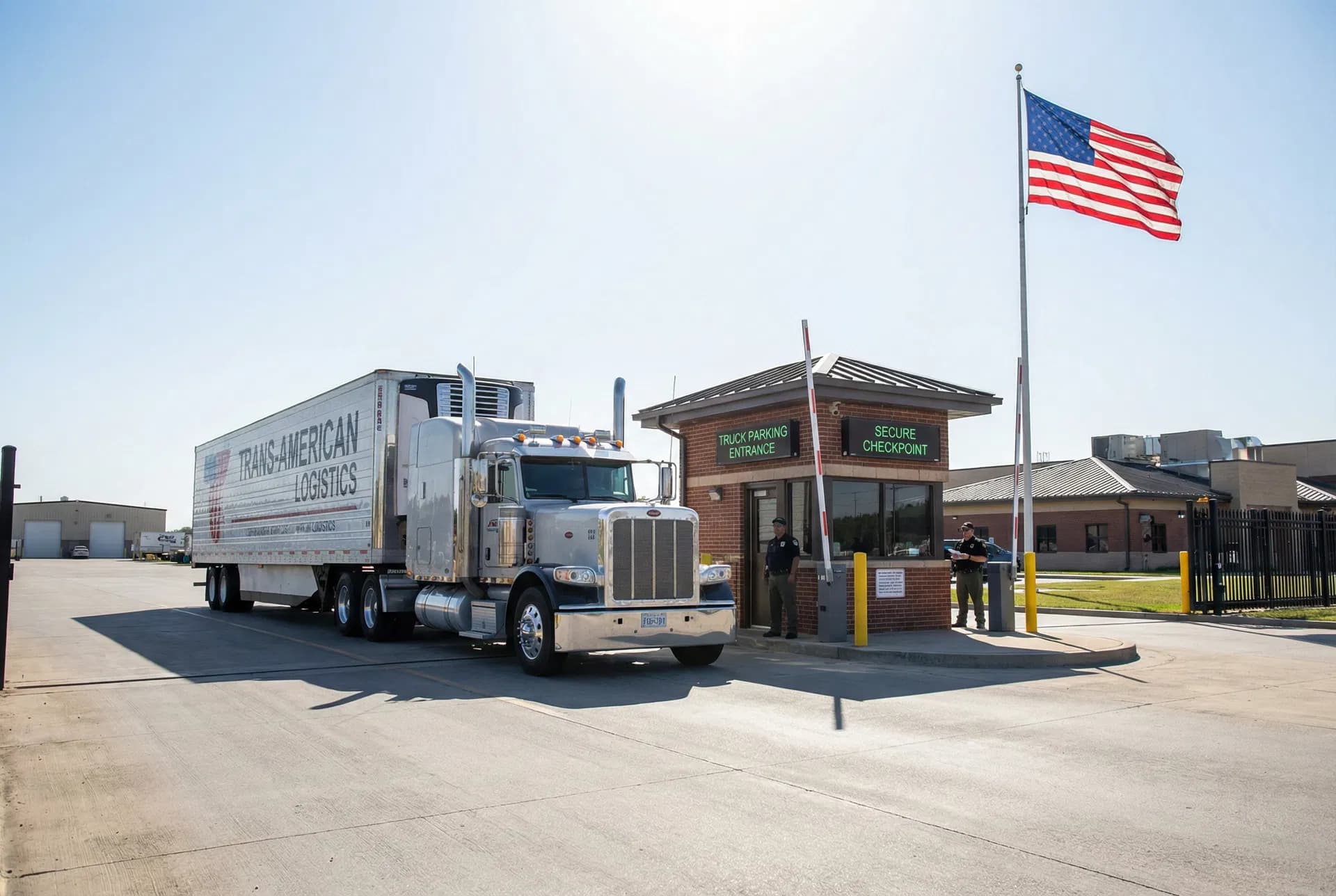
Semi Truck Parking: The Complete Guide for 18-Wheeler Drivers
Semi truck parking requires more than just finding a big enough space. This guide covers legal requirements, size considerations, security, cost, and the best tools for finding verified semi truck parking nationwide.

Best Truck Parking App in 2026: What to Look For and Why It Matters
Not all truck parking apps are equal. Some show static listings from 2019. Others charge hidden fees. Here's exactly what separates a great truck parking app from a waste of screen space — and what features actually save you time and money.

Truck Parking in Texas: Best Locations, Costs & Tips for 2026
Texas is the freight capital of the US — and one of the best states for truck parking availability and value. Here's everything you need to know about finding secure, affordable truck parking across the Lone Star State.

Truck Parking Regulations: What Every Driver Must Know in 2026
Parking regulations for commercial vehicles are a patchwork of federal, state, and local rules. Violate the wrong one and you're looking at fines up to $16,000 and CSA points. Here's the complete regulatory picture every driver needs.

The Truck Parking Shortage Crisis: Causes, Consequences & Solutions
The US is short 98,000 truck parking spaces. Drivers lose 56 minutes per day searching. The industry loses billions annually. Here's a deep dive into why this crisis exists and what's actually being done about it.

Truck Parking in California: Complete Guide for 2026
California is the hardest state in the US for truck parking — strict regulations, high costs, and severe shortage near the ports. Here's everything you need to know to park legally and safely in the Golden State.
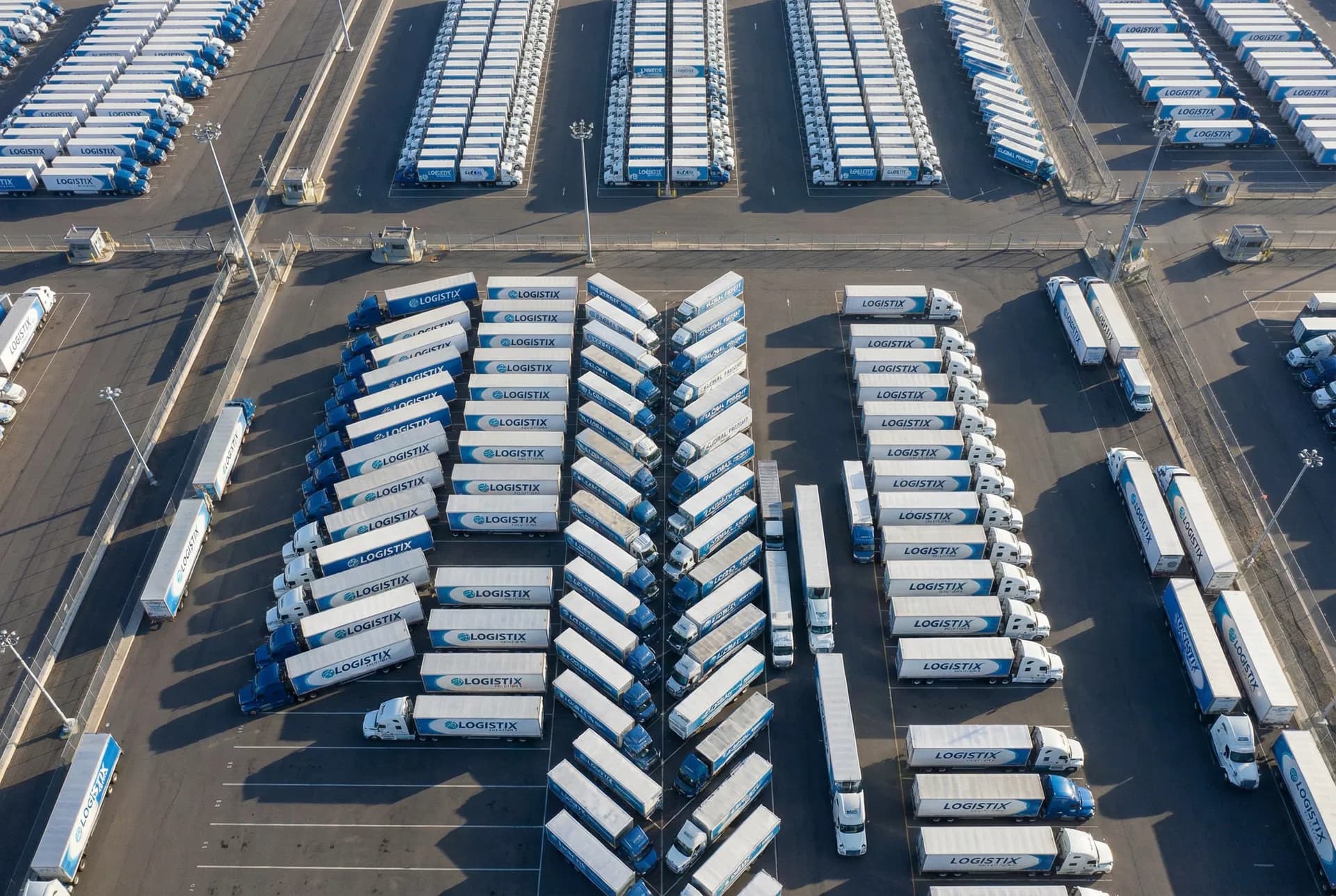
Fleet Truck Parking Management: How to Cut Costs and Eliminate Parking Chaos
Fleet parking is one of the most overlooked cost centers in trucking operations. The average fleet overpays by 30–50% on parking due to lack of centralized management. Here's how to fix it.
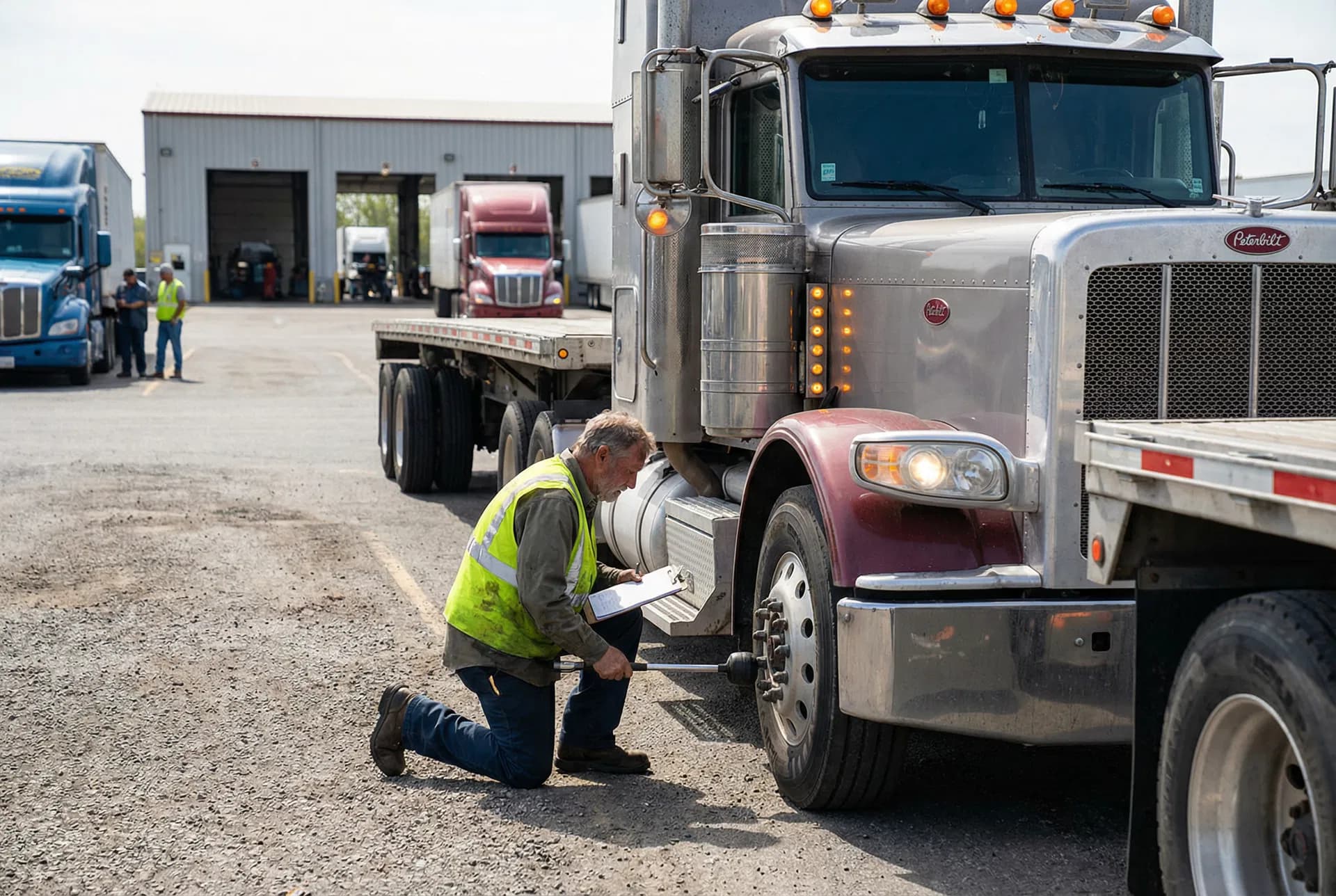
Essential Truck Parking Safety Tips Every Driver Should Know
Discover critical safety tips for truck parking that every professional driver needs to know. Learn how to choose secure locations, protect your cargo, and stay safe on the road.

How to Find Truck Parking: A Complete Guide for Professional Drivers
Struggling to find truck parking? Learn proven strategies, tools, and tips for locating available parking spots along your route, even during peak hours.

Hours of Service Compliance: Planning Your Parking Around HOS Rules
Master HOS regulations and learn how to plan your parking stops to stay compliant while maximizing your driving time and ensuring adequate rest.

Winter Truck Parking: Essential Tips for Cold Weather Safety
Navigate winter weather challenges with expert tips for safe truck parking in snow, ice, and freezing temperatures. Protect your equipment and stay safe all winter long.

The Truck Parking Shortage Crisis: Understanding the Problem and Finding Solutions
Explore the nationwide truck parking shortage affecting millions of drivers. Learn about the causes, impacts, and practical solutions for finding parking when spaces are scarce.
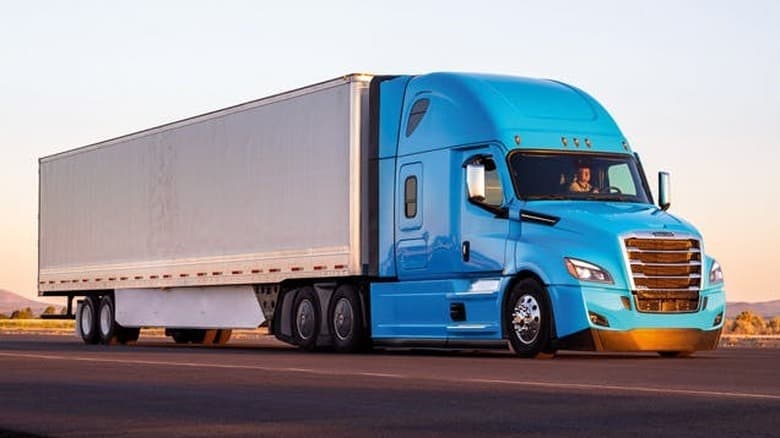
Truck Stop Amenities Guide: What to Look for When Choosing Where to Park
Not all truck stops are created equal. Learn which amenities matter most and how to find facilities that meet your needs for comfort, convenience, and productivity.
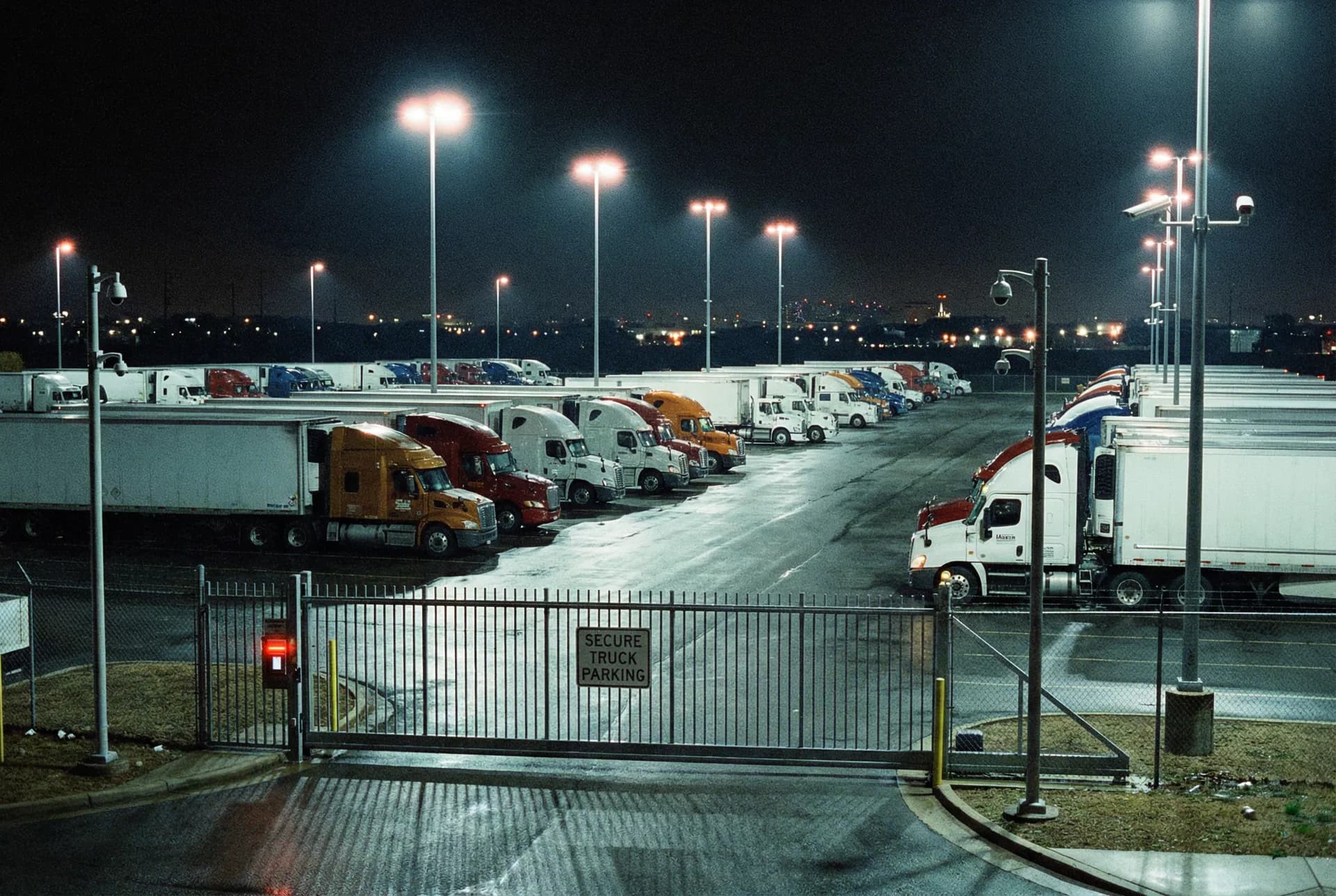
Overnight Parking Security: Protecting Yourself and Your Cargo While You Sleep
Learn comprehensive security strategies for overnight parking. From choosing secure locations to using technology, protect your truck, cargo, and personal safety while resting.
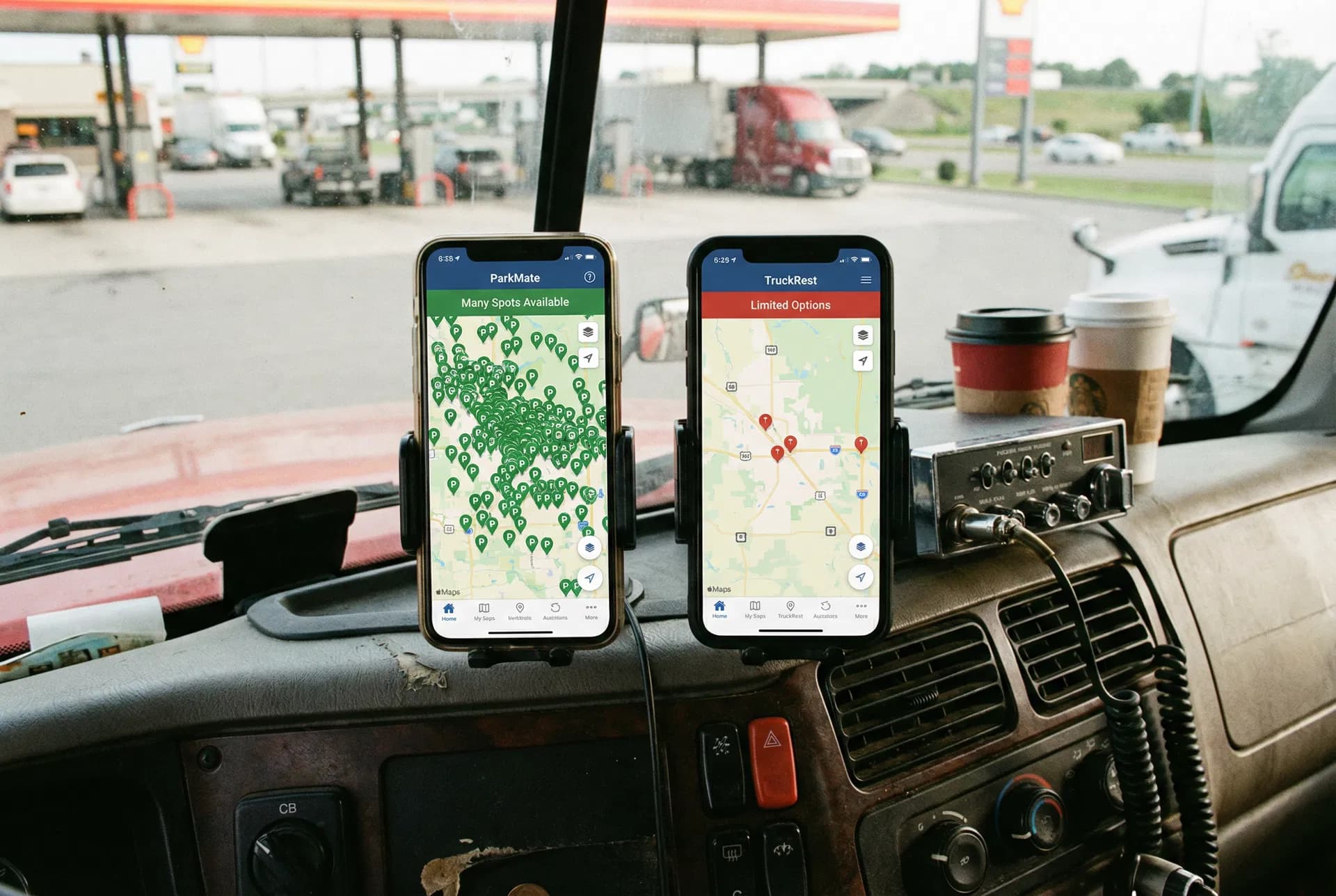
Best Truck Parking Apps in 2026: A Comprehensive Comparison Guide
Compare the top truck parking apps and platforms to find the best solution for your needs. Learn about features, pricing, and which app delivers the most value for professional drivers.